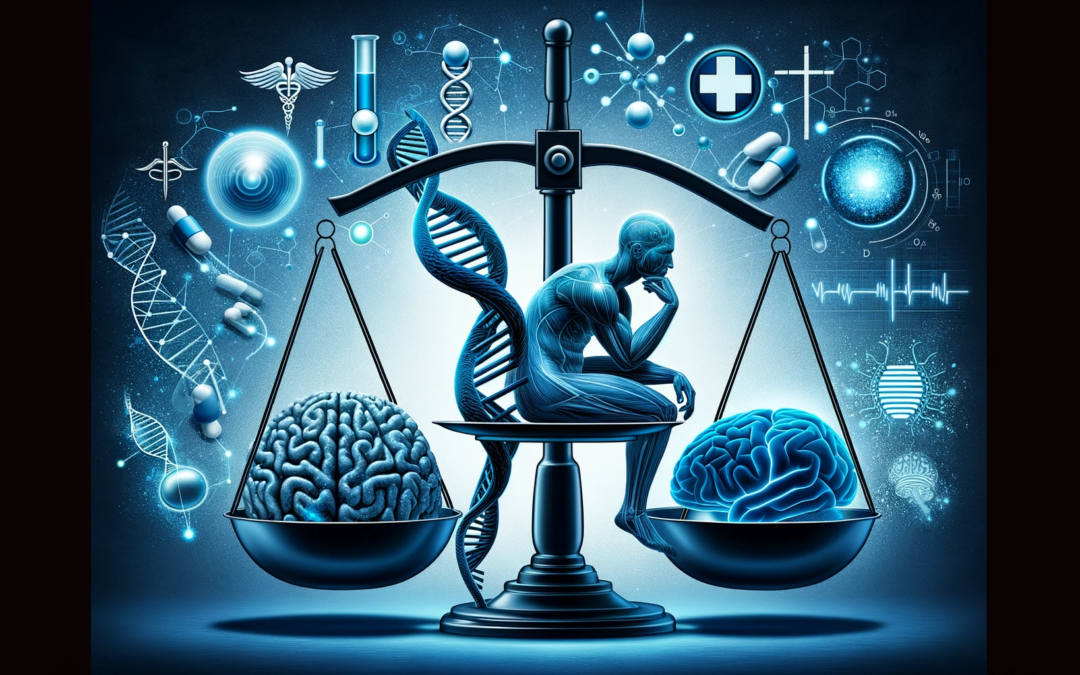Bioethics is a profound and ever-evolving field that sits at the intersection of medicine, law, philosophy, and sociology. It grapples with the ethical implications of biological and medical research, delving into the moral dimensions of our advancements in these fields. At its core, bioethics seeks to strike a balance between beneficial scientific discovery and the moral, ethical, and social consequences of such discoveries. This balance is crucial in a world where technology and science are rapidly advancing, often outpacing our ethical frameworks and legal systems. Bioethics serves as a guidepost, helping us navigate the complex moral landscapes formed by new medical practices, treatments, and research.
Bioethics, as a formal field, emerged in the 20th century, largely in response to the atrocities of World War II and the subsequent Nuremberg Trials, which highlighted the need for ethical guidelines in medical research. The infamous Tuskegee Syphilis Study and other questionable research practices further underscored this need. As a result, bioethics has grown from these roots to become a significant and independent field of study.
The principles that guide bioethics are autonomy, nonmaleficence, beneficence, and justice. Autonomy refers to respecting the decision-making capabilities of autonomous persons. Nonmaleficence emphasizes the obligation to not intentionally inflict harm. Beneficence centers on the duty to promote the good and welfare of others. Justice focuses on fairness in the distribution of benefits and risks.
Contemporary issues in bioethics encompass a wide range of topics. Genetic engineering, with advancements like CRISPR and other gene-editing technologies, raises questions about genetic manipulation, designer babies, and genetic privacy. The role of artificial intelligence in healthcare, particularly in diagnosis, treatment, and patient care, brings up concerns about consent, privacy, and the potential biases in AI algorithms. Ethical considerations around end-of-life care, such as euthanasia, life support, and palliative care, are ongoing discussions. Organ transplantation and donation also pose ethical dilemmas, including issues of consent, allocation of organs, and the ethics of animal-to-human transplants.
Bioethics not only informs public policy and legislation but also guides ethical conduct in scientific research. Institutional Review Boards (IRBs) and Ethics Committees are examples of how bioethics is integrated into research to protect human subjects and ensure ethical standards. These bodies play a crucial role in reviewing research proposals, assessing potential risks and benefits, and ensuring that the rights and well-being of participants are safeguarded.
Looking ahead, bioethics will face new challenges as science and technology continue to advance. The rise of personalized medicine, with its focus on tailoring treatments to individual patients, raises questions about access, equity, and the potential for exacerbating existing health disparities. The potential of anti-aging treatments and the ethical implications of neurotechnology are also areas that will require careful ethical consideration.
In conclusion, bioethics is a critical field that ensures our scientific pursuits and medical advancements are grounded in moral and ethical principles. As we forge ahead into new frontiers of medicine and biology, the principles and discussions within bioethics will be pivotal in shaping a future that is not only scientifically advanced but also morally sound.










